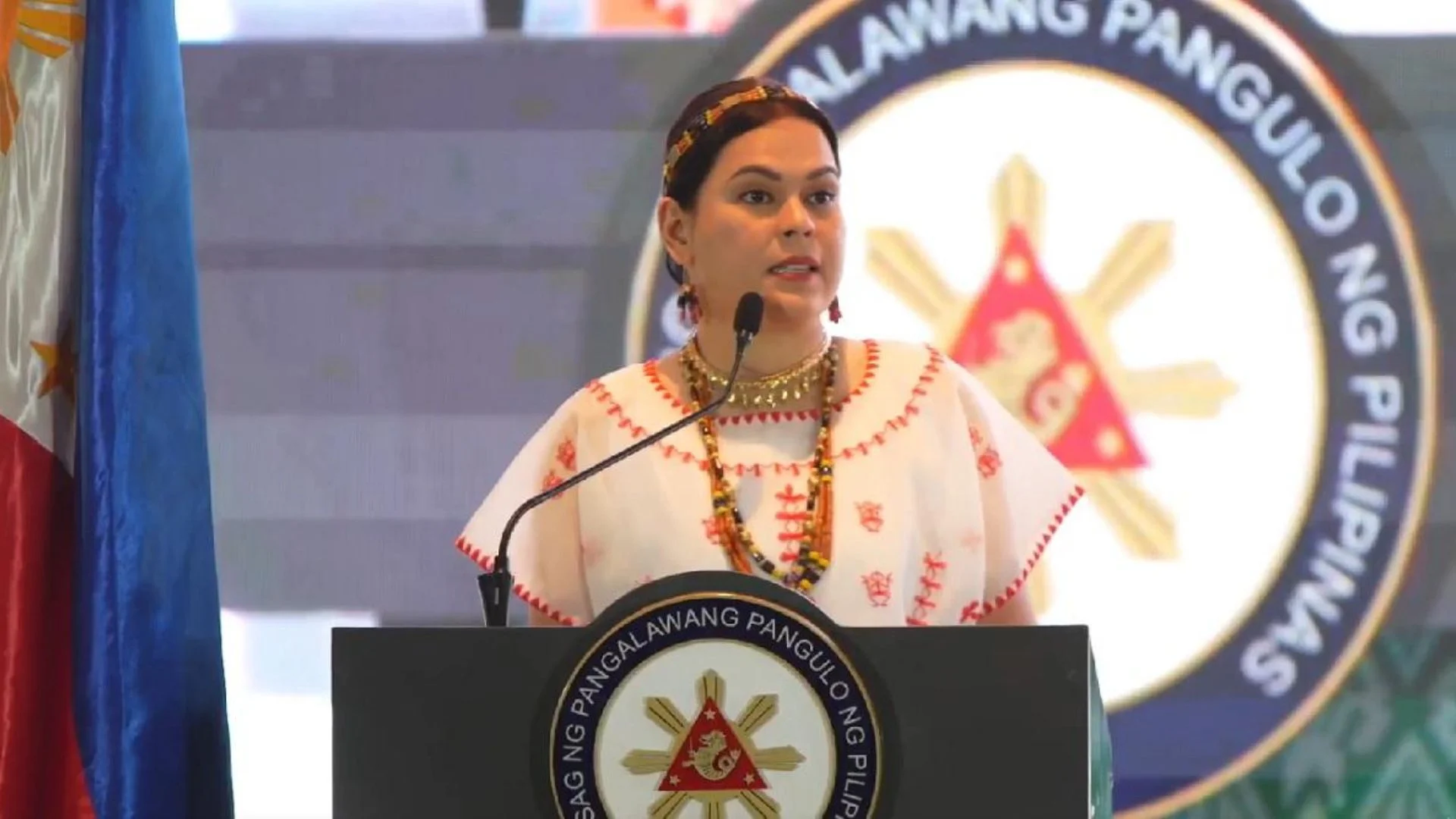
Education in India is evolving with the rise of hybrid homeschooling—a model blending traditional classroom elements with modern flexibility. This innovative approach meets the demand for personalized education by combining structured curriculum and live classes with the freedom of self-directed learning.
Hybrid homeschooling allows students to benefit from professional instruction and interactive group learning while integrating personalized activities tailored to individual needs. Parents play a pivotal role in this model, curating content that aligns with their child’s interests and learning pace. This involvement fosters a more engaging and responsive learning environment.
Research supports the efficacy of hybrid homeschooling. A study by the Future of Skills Commission highlighted improved critical thinking and problem-solving skills among students in hybrid settings compared to traditional classrooms. Additionally, Anthology research found that students in hybrid programs exhibited higher levels of engagement and motivation.
Key advantages of hybrid homeschooling in India include:
As hybrid homeschooling gains traction in India, it will require supportive infrastructure and policy changes to fully integrate into the education system. This model represents a significant shift, offering new possibilities for personalized and globalized learning.
The author is the Founder of Birla Brainiacs.















